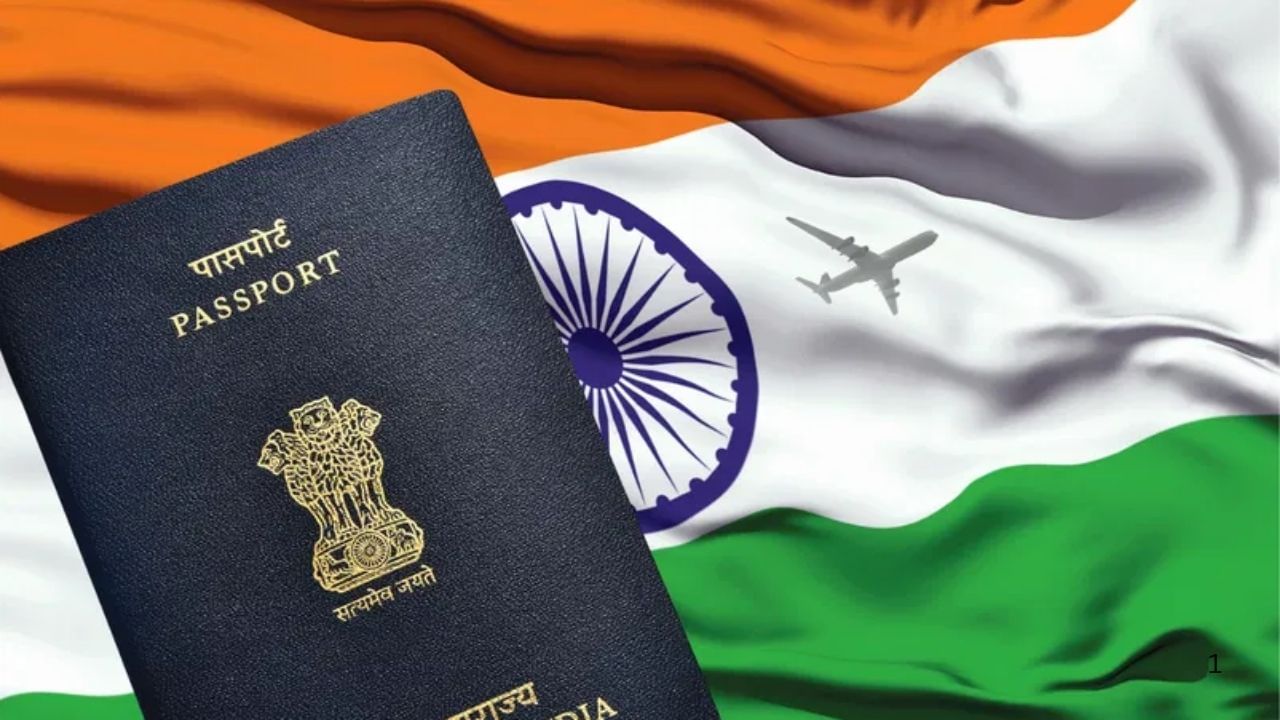New Delhi: The Ministry of External Affairs (MEA) has announced the successful rollout of its upgraded Passport Seva Programme (PSP V2.0), Global Passport Seva Programme (GPSP V2.0), and the much-awaited e-Passport for Indian citizens in India and abroad.
The initiative marks a major milestone in India’s efforts to enhance passport services using cutting-edge technology. The upgraded PSP V2.0, implemented across all 37 Passport Offices, 93 Passport Seva Kendras (PSKs), and 450 Post Office Passport Seva Kendras (POPSKs) on May 26, 2025, introduces a digitally integrated ecosystem connecting all stakeholders for improved efficiency, transparency, and user convenience.
The Global Passport Seva Programme (GPSP V2.0) was subsequently launched across Indian Embassies and Consulates worldwide on October 28, 2025, extending the benefits of modernised passport services to the Indian diaspora.
Citizen-centric features: AI Bots, digital applications, and seamless payments
Among the key highlights of PSP V2.0 are AI-powered chat and voice bots for real-time assistance, a revamped website and mobile app offering auto-filled forms, simpler document uploads, and UPI/QR-based payments—making the process faster and more citizen-friendly.
The introduction of e-Passports marks a significant leap in travel security. Each e-Passport contains an embedded RFID chip and antenna storing the holder’s personal data securely in compliance with International Civil Aviation Organisation (ICAO) standards. This hybrid passport will enhance verification and prevent misuse, while existing passports will remain valid until expiry.
Technology expected to enhance ease of Living of India citizens
The MEA stated that the reforms reaffirm the Government’s commitment to leveraging technology to improve ease of living, ensure greater security, and enable faster, smoother travel for Indian citizens worldwide.
With this rollout, India joins a select group of nations offering fully digital, chip-enabled passports backed by a robust, AI-driven service network.
